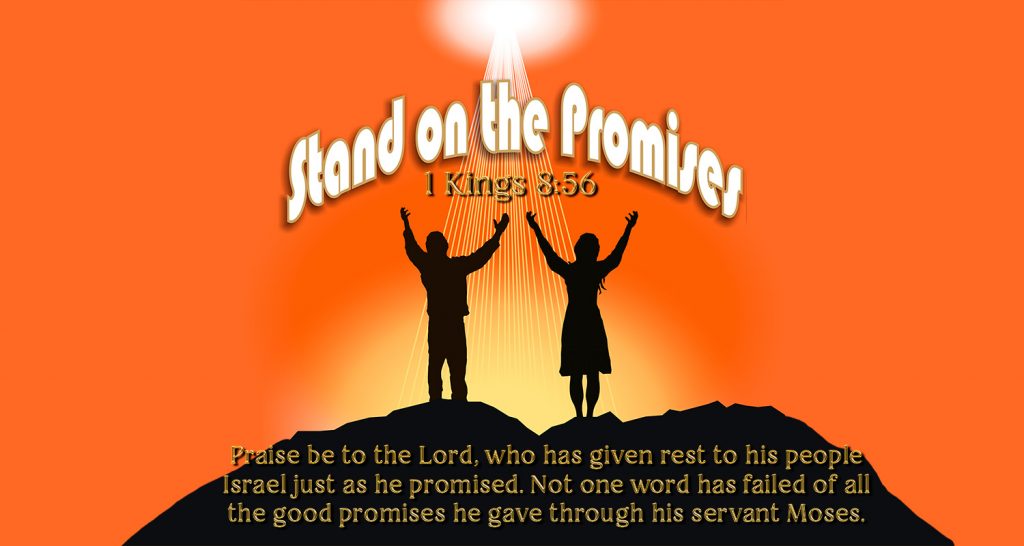“Oh, why give light to those in misery, and life to those who are bitter? They long for death, and it won’t come. They search for death more eagerly than for hidden treasure. They’re filled with joy when they finally die, and rejoice when they find the grave. Why is life given to those with no future, those God has surrounded with difficulties? I cannot eat for sighing; my groans pour out like water. What I always feared has happened to me. What I dreaded has come true. I have no peace, no quietness. I have no rest; only trouble comes” (Job 3:24-26, NLT).
This is the last part of Job’s words in chapter 3 just before Eliphaz responded to him (See Tuesday, January 18).
When I read chapters 4 and 5 of Job, and see the cutting words of Eliphaz, how he mixes truth with falsehood, passing judgment on Job, making it seem as if God was punishing him for “secret sins,” and that it was the sin of his children that had brought about their destruction (Job 4:7-9, 17); it is obvious, that it was the “accuser of the brethren,” that was using his mouth to deepen the wounds of Job, that he, the accuser had caused, and blame God for it all!
God’s opinion of Job was of sterling caliber! “There once was a man named Job who lived in the land of Uz. He was blameless—a man of complete integrity. He feared God and stayed away from evil” (Job 1;1, emphasis supplied).
How carefully we need to watch the source of our words! From what fountain are they springing? Will they produce life? or death? to the one who hears them! I question the sincerity of Eliphaz’ friendship toward Job! From Job’s response it is obvious that he is questioning that friendship too!
“At least I can take comfort in this: Despite the pain, I have not denied the words of the Holy One. But I don’t have the strength to endure. I have nothing to live for. Do I have the strength of a stone? Is my body made of bronze? No, I am utterly helpless, without any chance of success.“One should be kind to a fainting friend, but you accuse me without any fear of the Almighty. My brothers, you have proved as unreliable as a seasonal brook that overflows its banks in the spring when it is swollen with ice and melting snow. But when the hot weather arrives, the water disappears. The brook vanishes in the heat. The caravans turn aside to be refreshed, but there is nothing to drink, so they die. The caravans from Tema search for this water; the travelers from Sheba hope to find it. They count on it but are disappointed. When they arrive, their hopes are dashed. You, too, have given no help. You have seen my calamity, and you are afraid” (Job 6:10-21, emphasis supplied).
Poor Job, alone in the desert of despair! Where are the friends that, “had made an appointment together to come and mourn with him, and to comfort him[?]” Why has Eliphaz turned on him with such anger? Were these feelings building up inside of him all along against his friend? Remember that throughout this series we are searching for beginnings! They are predictors of how things usually end!
Job is letting them know of his disappointment in them. He refers to them as seasonal friends. They are not all weather friends – in good times and bad times. When he comes to them expecting comfort from them, there is none! His hope for help from them dies. He is not cursing the day that he was born now, He is wishing that he could die.
Indeed in a multitude of friends, there are friends, and there are friends! Thank God for our Best Friend, Jesus!
